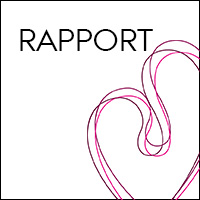The use of nudges and other behavioural approaches in education
Report by Mette Trier Damgaard and Helena Skyt Nielsen.

"Globalisation and rapid technological progress have increased the focus on efficient investment in highquality skills across the EU countries. One issue that is high on the political agenda is the persistent underachievement among youths in many European countries meaning that approximately 20 percent of Europe’s 15 year olds perform poorly on the OECD PISA survey in each of the assessment areas: mathematics, reading and science (e.g. European Commission, 2016). In fact, the most recent PISA results show that the share of low performers is increasing rather than decreasing in most European countries, implying that the 2020 target of less than 15 percent low performers in each of the assessment areas appears less achievable than a few years ago. Another issue on the agenda is the need for a stronger focus on non-cognitive (or socio-emotional) skills from early life throughout the educational career (e.g. Kautz et al., 2014). These two issues point at a need for more knowledge about how to gently push youths in the desired direction towards more skill attainment or how to teach them to make better decisions when it comes to their educational pathways. From an academic point of view, these observations underline the importance of understanding the extent of behavioural barriers influencing decision making. Such barriers include self-control problems (i.e. the inability to control emotions and behaviour when facing temptations and impulses), loss aversion, social preferences, biased beliefs, default bias (i.e. the tendency for people to stick to the default or status-quo option) as well as cognitive and attentional limitations. Research suggests that these barriers may be particularly relevant for educational decisions.4 For instance, self-control problems may be especially pronounced for children and adolescents and thus explain why some students do not study adequately or drop out of education too soon"
Hele rapporten kan downloades gratis på EU's bogshop.